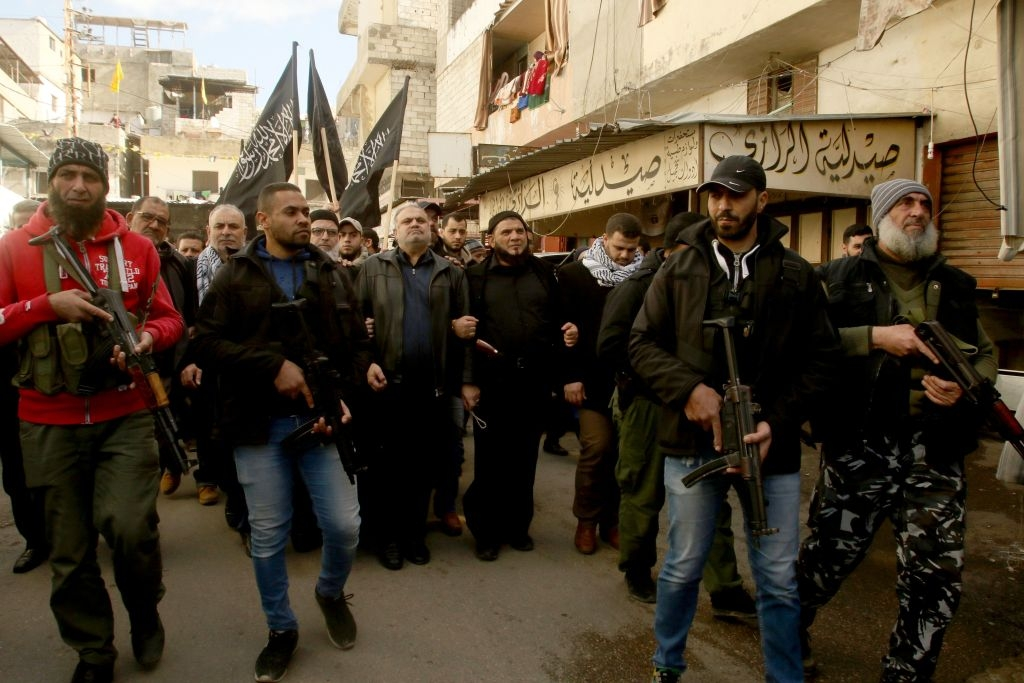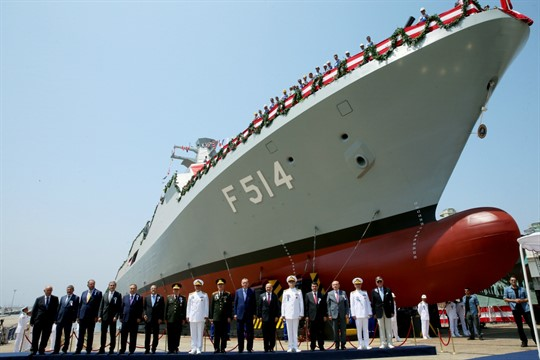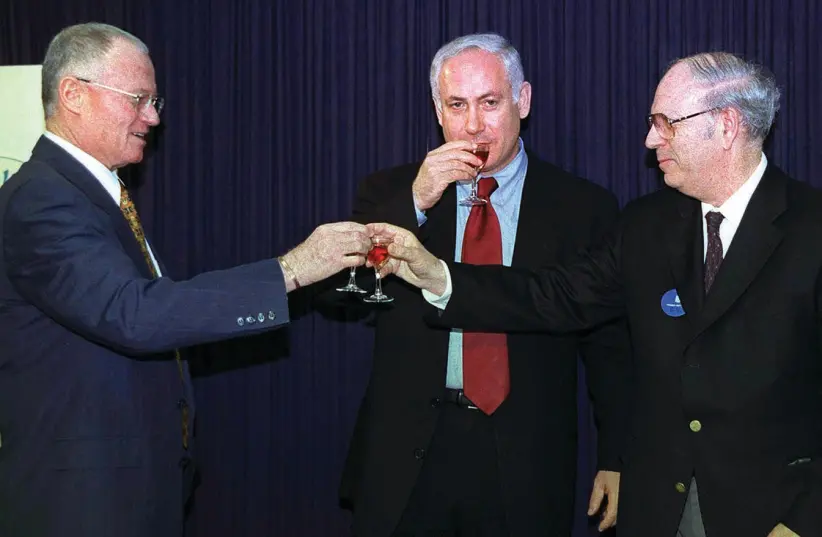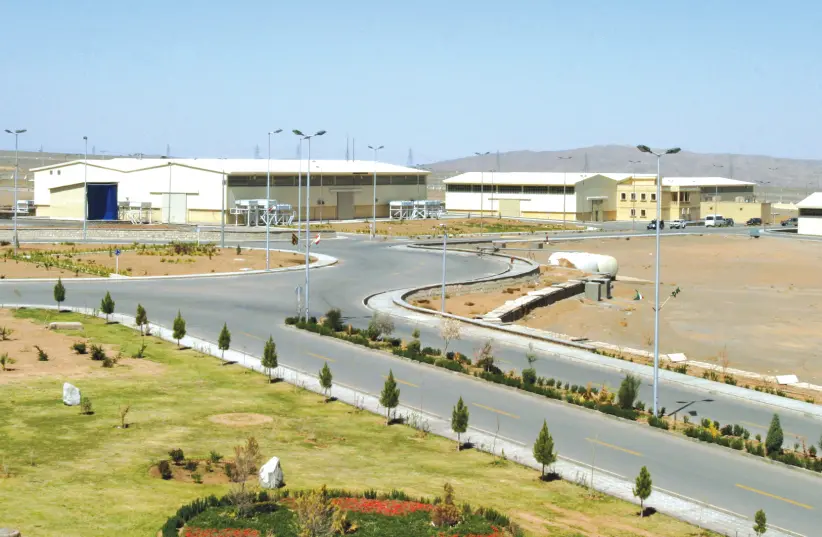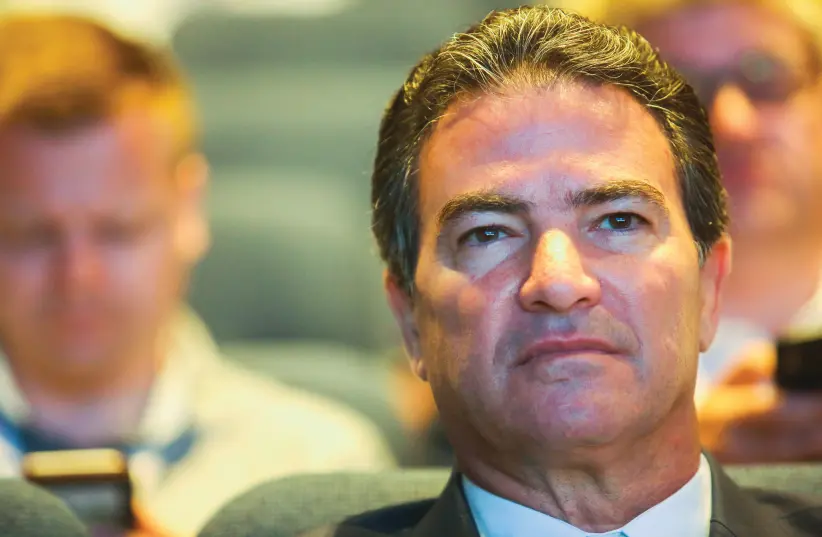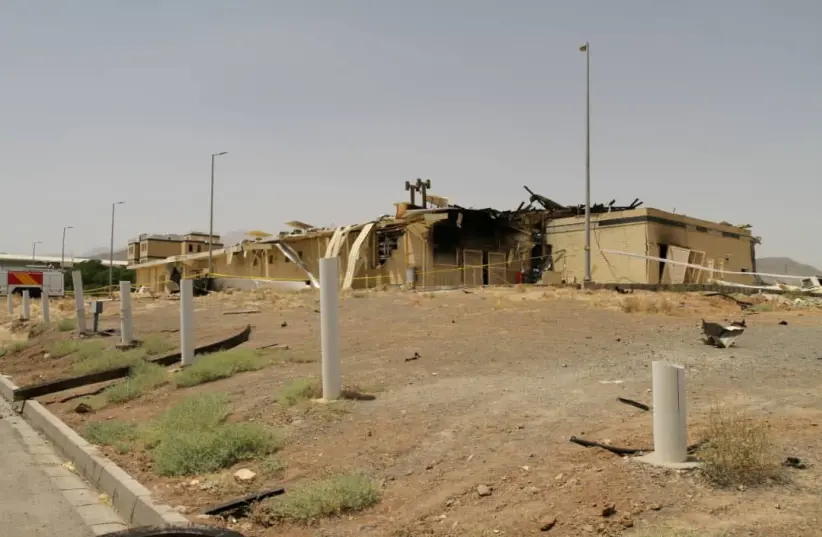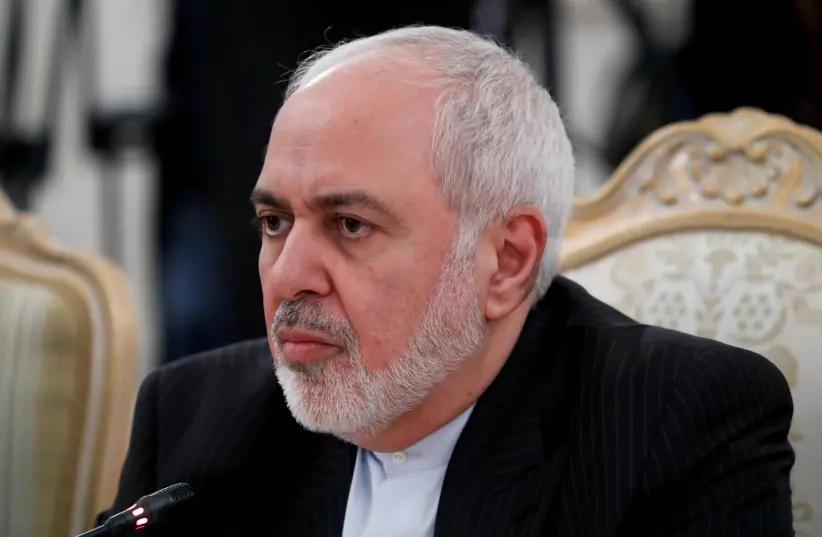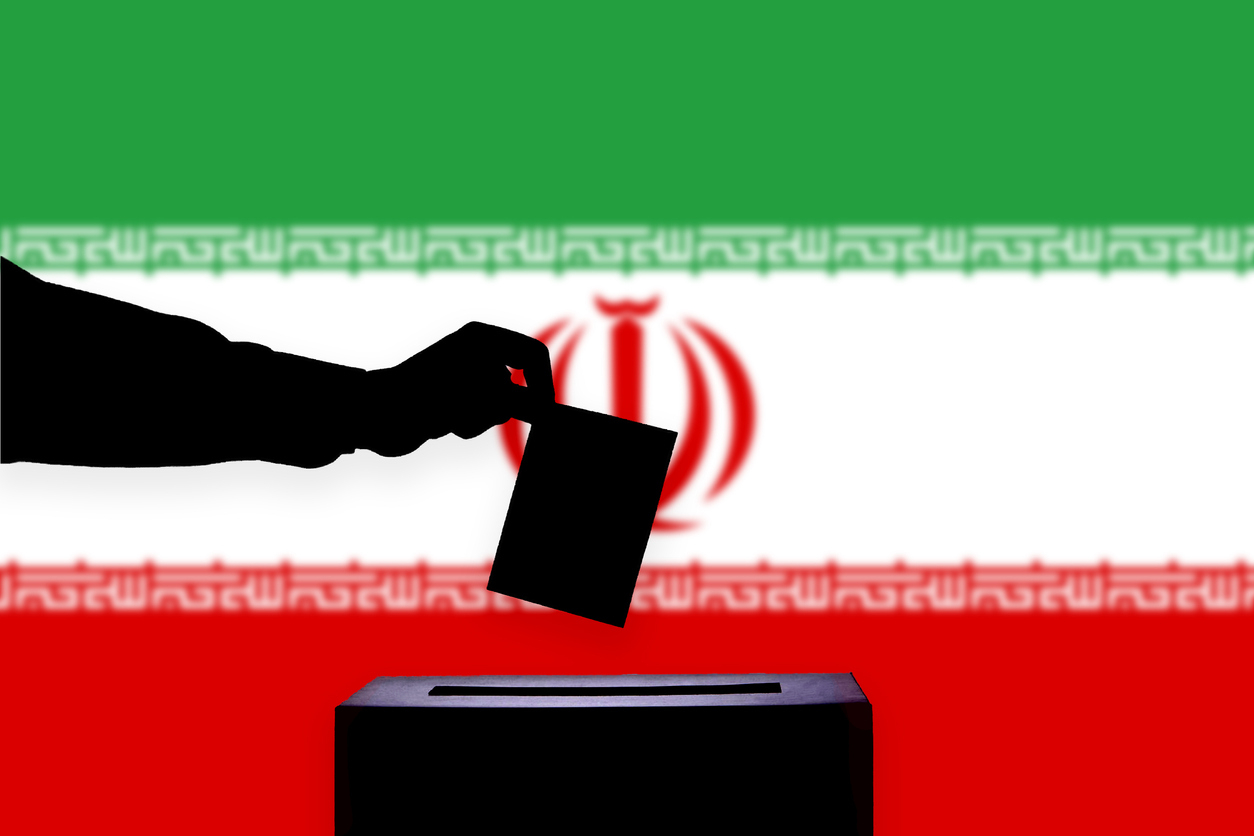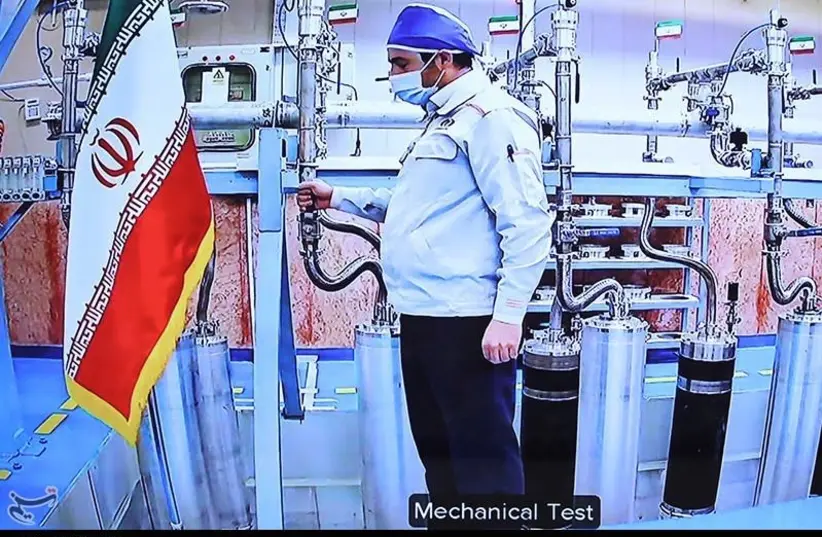
While Israeli media initially reported the incident was caused by a cyberattack, more recent reports say an explosive device was used.
Explosives were used to completely destroy the internal power system at Iran’s Natanz uranium enrichment facility in an alleged Israel operation, two intelligence officials told The New York Times on Sunday night.
The explosion caused severe damage to the site and it could take at least nine months to restore production at Natanz, according to the officials.
While Israeli media initially reported that the alleged attack was a cyberattack, Channel 13 reported later on Sunday that the attack was caused by an explosive device placed at the site.
Former Mossad chief Danny Yatom expressed concerns about the leak about Israeli involvement to the Times, warning that it could impact Israel’s operational capability, in an interview with Army Radio on Monday.
“If indeed this thing is the result of an operation involving Israel, this leak is very serious,” said Yatom. “It is detrimental to the Israeli interest and the fight against Iranian attempts to acquire nuclear weapons. There are actions that must remain in the dark.”
“Once Israeli officials are quoted, it forces the Iranians to take revenge,” warned Yatom. “If the Iranians start investigating with the publication hovering over their heads that the people behind the attack are the Israelis or the Americans, they will leave no stone unturned. This has an impact on our operational capability.”
The attack was initially reported by Atomic Energy Organization of Iran spokesman Behrouz Kamalvandi as an “accident” in the nuclear facility’s electricity distribution network, but the country’s nuclear chief, Ali Akbar Salehi, later confirmed that the incident was an attack.
While Kamalvandi stated at the time that no injuries or pollution were reported in the incident, the spokesman himself later injured his ankle and head while visiting the site after the incident, according to Iranian media.
An informed official in the Iranian Intelligence Ministry told the IRGC-affiliated Tasnim News Agency on Monday that the identity of the disruption’s cause had been found and that “necessary measures are being taken to arrest the main cause of the disruption in the electricity system of Natanz complex.”
ALTHOUGH MOST Iranian officials refrained from blaming a specific group or country for the attack, Iranian Foreign Minister Mohammad Javad Zarif and MP Ali Haddad placed the blame for the incident on Israel.
Zarif warned that Iran would take revenge against Israel itself for the alleged attack, at a meeting of the Iranian parliament’s Commission of National Security and Foreign Policy on Monday, according to Iranian IRNA News.
“The political and military officials of the Zionist regime had explicitly stated that they would not allow progress in lifting the oppressive sanctions and now they think that they will achieve their goal – but the Zionists will get their answer in further nuclear progress,” said Zarif.
“Natanz will be stronger than ever with more advanced machines, and if they think our hand in negotiation is weak, this act will strengthen our position in the negotiations.”
“According to the Zionists, they want to take revenge on the Iranian people for their success in lifting the oppressive sanctions, but we will not allow it and we will take revenge for these actions from the Zionists themselves,” said Zarif, stressing the need for proper protection of facilities and nuclear scientists and the “need for attention… in order not to fall into the cunning trap designed by the Zionist regime.
“Yesterday the assassination of a nuclear scientist and today the attack on the Iranian ship Saviz and the sabotage of the Natanz nuclear facility,” he tweeted.
Haddad called for deterrence and not restraint. “When commitment is translated as restraint, the Zionist enemy dares to strike more blows,” he said.
Saeed Khatibzadeh, a spokesman for the Iranian Foreign Ministry, stated on Monday that the affected centrifuges were only old, first-generation ones that would be replaced with advanced equipment, according to Iranian media.
“All the centrifuges that were shut down were of the IR-1 type, which will be replaced with advanced machines, and Iran will not fall into their cunning trap,” said the spokesman. “Of course, with this action, Israel tried to take revenge on the Iranian people for their patience and wise behavior. Iran’s behavior will be revenge against Israel, which will be done in its own time.”
“The regime has been carrying out some actions and some news leaks in the last few months. Its goals are clear and not hidden from the elites and intellectuals of Iran,” added Khatibzadeh.
“The foreign ministry has a responsibility to negotiate and Iran will respond to Israel through its channels. I am glad that there was no human or environmental damage, but it could have been a human catastrophe, so it is a crime against humanity, which is not far from the arrogant nature of Israel.”
Khatibzadeh added that “the foreign minister and our delegation are following up on this issue and actions will be announced today or tomorrow. Some actions will be taken in their undisclosed way [and] may never be said.”
THIS IS the second attack on Natanz that foreign reports have blamed on Israel within the past year, with an explosion and fire at the facility in July reportedly impacting Iran’s nuclear program significantly.
Iran is still nowhere near having recovered to the point where it had been before that July 2020 explosion in terms of its capacity for assembling new advanced centrifuges, The Jerusalem Post recently reported.
The most recent attack against Natanz took place a day after Iran began injecting uranium hexafluoride gas into advanced IR-6 and IR-5 centrifuges at Natanz and was revealed as US Secretary of Defense Lloyd Austin was visiting Israel.
Tensions are rising between Israel and Iran amid a number of attacks on Iranian and Israeli maritime vessels, with recent reports claiming that Israel has hit dozens of Iranian ships in recent years.
The report also comes as Iran meets with European and American officials to discuss a possible return to the Joint Comprehensive Plan of Action, the formal name for the nuclear agreement signed in 2015 between the Islamic Republic and world powers.
Prime Minister Benjamin Netanyahu has warned multiple times in the past week that Israel would defend itself against Iranian threats, stressing that Jerusalem would work to combat Tehran’s nuclear ambitions.
The prime minister called the security cabinet’s first meeting in two months next Sunday to discuss Iran amid increased tensions with Tehran.
Netanyahu, at an Independence Day event on Sunday with the heads of the security branches, said: “The struggle against Iran and its proxies and the Iranian armament efforts is a huge mission.”
In a possible reference to the reported Mossad operation taking the uranium enrichment machines off-line within hours of their launch, he said: “The situation that exists today will not necessarily be the situation that will exist tomorrow.”
